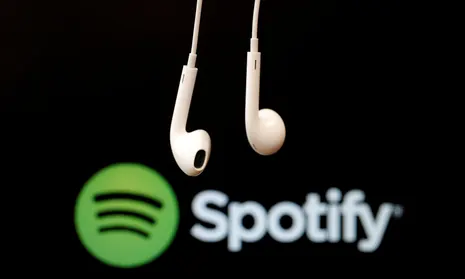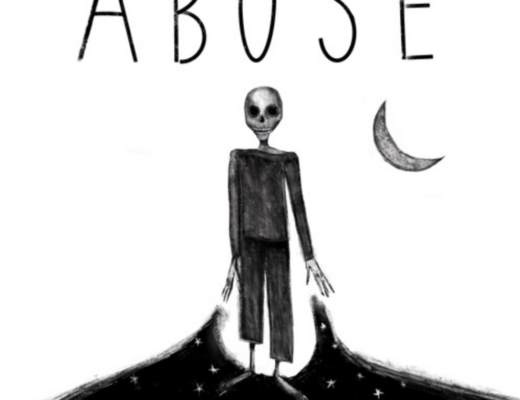Despite the pleas from musician unions, campaigns spearheaded by the likes of Broken Record and the UK government calling for a total reset on the streaming royalties model, there is a rumour buzzing around the music industry mill that Spotify is going to make one of its most unpopular moves to date by demonetising less-popular artists.
While it is little more than hearsay and conjecture at this point, there are swathes of viable sources indicating that a major shake-up is set to arrive in 2024. Also, it is incredibly unlikely that Spotify would decide to needlessly taint its already besmirched reputation amongst independent artists and champions of grassroots music.
Which Shake-Ups Set to Rattle the Coins from the Pockets of Independent Artists?
Earlier this week, Spotify garnered even more disdain after it was leaked that the streaming giant is poised to shake up its streaming royalty framework, potentially skewing payouts away from lesser-known artists.
Rumblings suggest that Spotify intends to establish a threshold for song streams before artists are compensated for their creativity. In potentially one of the platform’s most inequitable and discriminatory moves in its recent history, artists are being warned that if they previously received less than 0.5% of Spotify’s royalty pool, they could be totally excluded from receiving their meagre royalty payouts.
According to Billboard, this is set to affect up-and-coming artists and creators of white noise or ambient nature tracks. While it makes some degree of sense to punish the ‘artists’ who are oversaturating the streaming platform with quite literal white noise, the reprimand that will undoubtedly make independent artists think “What is the fucking point?” is totally unjustifiable. Especially as it appears that a large part of the incentive behind this move is to funnel more funds towards the more mainstream artists.
Spotify’s official stance, as voiced to Mixmag, hints at their continuous efforts to refine the platform for artists, though specifics are under wraps. Trade unions and musician groups, including the United Musicians and Allied Workers, have aired their grievances, opining that such reforms might further pad the pockets of music moguls, but that should never come at the expense of side-lining grassroots artists. Furthermore, the Future of Music Coalition observes Spotify’s growing drift from its original promise: a democratised platform treating all tracks equally.
It comes as no surprise that oligarchs like Universal Music Group (UMG) are warming up to this shift, leading to rife speculation over a budding pact between UMG and Spotify, touted to champion ‘genuine artists’ with devout fan followings. This revamped royalties blueprint is slated to see the light of day come next year.
Until then, the United Musicians Union and Allied Workers Union aren’t letting sleeping capitalist dogs lie. Their reaction iterated that artists have solutions to fix the issues surrounding streaming loyalties, but Spotify has tuned out of the conversation before chastising the proposed changes which will make the music industry even more of a pyramid scheme. Resistance isn’t futile. Make your opinions on these new manifestings of late-stage capitalist malificence known.
Which Streaming Platforms Pay Fairer Royalties to ‘Less-Popular Artists?
Spotify may hold the monopoly on the music streaming industry in the UK, but it isn’t the be-all-end-all for musicians who fall shy of the streaming stats of mainstream trailblazers.
It is worth bearing in mind that a platform with a smaller user base, but a higher stream rate might not necessarily be more lucrative for an artist than a platform with a vast user base but a lower per-stream rate. Furthermore, when it comes to discoverability and features, there are few which can outshine Spotify. We have written countless articles on how Spotify as a music marketing tool can provide independent artists with value beyond the streaming revenue, which we still stand by, regardless of its CEO’s determination to become the music industry’s most nefarious figure.
Considering the above, here are some platforms and models that were touted as being “fairer” to less-popular artists:
- Bandcamp: This platform allows artists to set their own prices on digital and physical releases, and often gives a higher percentage of sales directly to the artists compared to other platforms.
- SoundCloud: Known for its direct engagement between artists and fans, SoundCloud provides a platform for emerging artists to showcase their work and grow their audience. It operates on both a streaming royalties model and a direct purchase model.
- Resonate: This is a co-op-based streaming platform that uses a “stream-to-own” model. After a certain number of streams, the user owns the track. The idea is to provide a more equitable distribution of revenue.
- Tidal: Founded by Jay-Z and other artists, Tidal claims to pay a higher per-stream rate than royalties from competitors. However, its smaller user base compared to Spotify or Apple Music can affect total revenue potential.
- Direct fan funding and tipping: Platforms like Twitch and even Spotify have introduced or considered features where fans can directly tip or fund their favourite artists, providing another revenue stream beyond just streaming.
Furthermore, it is crucial for artists to consider multiple revenue streams (live performances, merchandise sales, licensing deals, etc.) in addition to streaming revenues.
There may come a day when the dynamic streaming landscape starts to fairly pay artists their dues, but if you do have a dog in the fight, align yourself with advocacy groups and movements pushing for fairer pay and more transparency in the streaming industry.
–
For more advice on how to monetize your music career and ensure your music career has some degree of sustainability, keep following our blog, or get in touch and enquire about our artist development services.
Article by Amelia Vandergast





1 Comment
Which is the Fairest Music Streaming Platform in 2024? -
11 April 2024 at 9:00 pm[…] light of Spotify’s recent policy changes, a discussion on the fairness of streaming platforms in 2024 is necessitated. Spotify’s […]